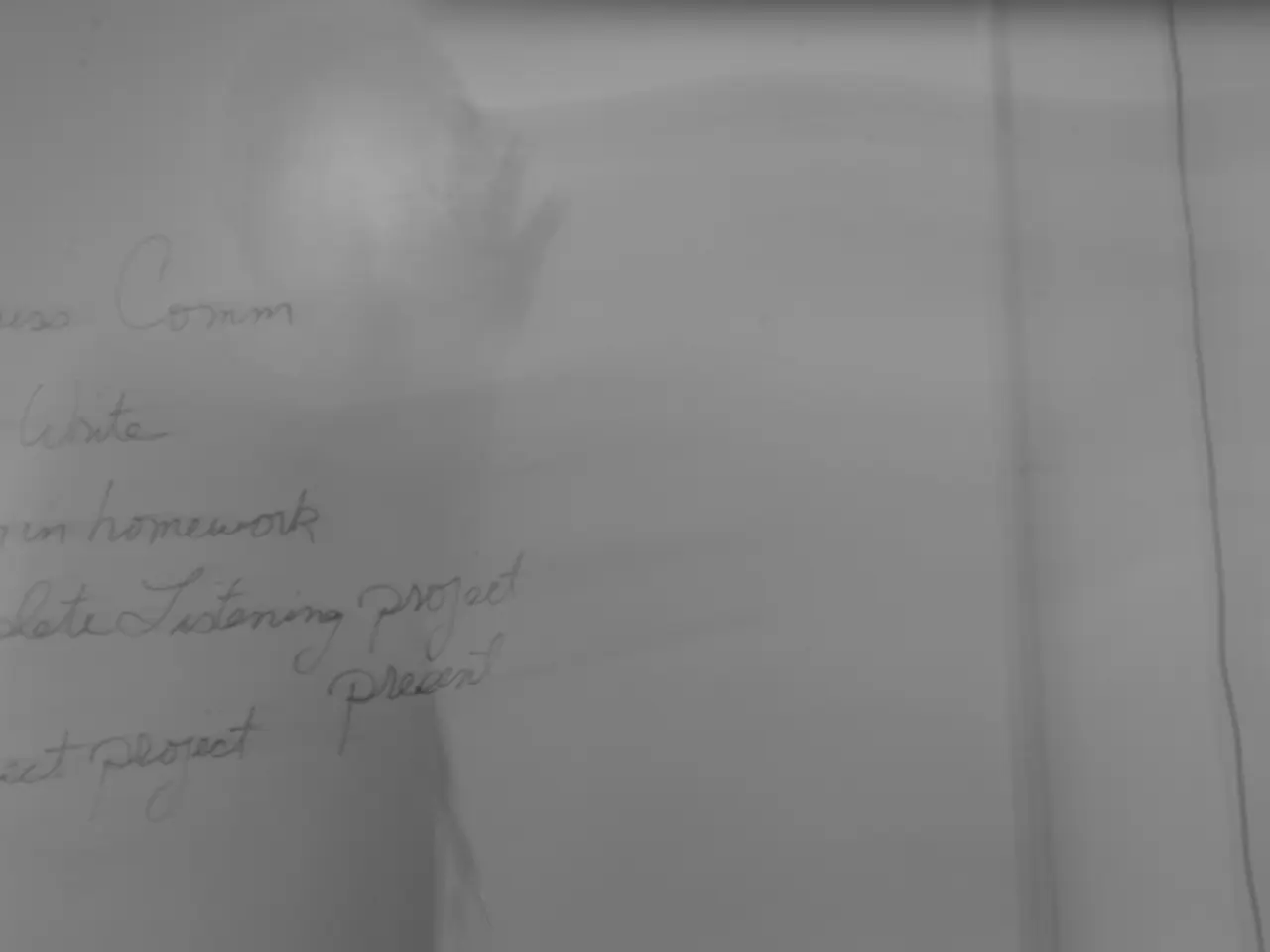"Cut-Price Items" Pose Threat to Germany: Federal Government Pushes for EU Tariffs on Inexpensive Imports
The Government of the U.S. is pushing for EU taxes on affordable goods imported from other countries.
Hanging out with the cool kids, eh? Today, we're diving into the world of politics, trade, and global competition. Let's get down to business!
The EU Commission is mulling over a proposal that could shake up the retail game. They want goods imported from third countries to be slapped with customs duties as low as 150 euros. And guess who's got their poker face on? Finance Minister Lars Klingbeil, who's attending a meeting with his EU counterparts in Luxembourg, is all for it. He's sick of dumping prices that harm German businesses, and he's calling for fair competition. So, Alice, welcome to the battle between Temu, Shein, and the rest of the online retail bunch.
In this fight, Germany wants to put its foot down in the EU. Klingbeil and co. are lobbying for tariffs on cheap goods from third countries within the EU to ensure a fair playing field and protect jobs. The financial bigwigs are also discussing a reform of the customs union at the meeting. The EU Commission proposes subjecting cheap goods from third countries to duties that previously went unchecked.
The federal government isn't messing around. They want to make it clear during negotiations that they're targeting "cheap products" from China, questionable pricing strategies, and overflowing production capacities. "These trade practices are bad news for Germany," Klingebeil declared. "They hurt German companies, and they hurt European companies."
EU's Reform Proposal from Two Years Ago
Almost as old as Mick Jagger, the EU Commission floated a reform proposal about two years ago. Their plan? Make numerous goods under 150 euros subject to customs duties. That means, if the goods value is below 150 euros, no customs duties have to be paid - except for a few exceptions like tobacco or perfume. This reform is meant to level the playing field for all traders, regardless of their location.
Say goodbye to carefree shopping, because under this reform, online marketplaces like Amazon or Etsy will have to make sure that customs duties and VAT are paid at the point of purchase. Online shopping has been on a tear, leading to an exponential increase in the number of small, low-value packages being delivered to the EU in recent years.
Recently, the commission has also considered a flat rate of up to two euros on such orders. They estimate that around 12 million packages arrived in the EU daily in 2024 - significantly more than in the two previous years. Online shopping giants like Temu and Shein could end up in the hot seat with this tax.
Bargain Basement Prices from China
Temu, an online marketplace, has been causing a stir in Germany since spring 2023. The Chinese company offers rock-bottom prices and hefty discounts, and their goods are often delivered directly to customers from the manufacturer.
On the other hand, Shein, a fashion company based in Singapore, acts as a manufacturer, retailer, and marketplace. Trade experts say that as a direct supplier, Shein can react quickly to fashion trends. Since Shein ships its products worldwide and has minimal inventory, it can keep its prices rock-bottom.
So, there you have it! The never-ending race for cheap goods and market domination has taken a turn, and the German government wants a piece of the action. Sit back, relax, and see what unfolds in this global trade showdown!
- China
- Europe
- Trade
- Germany
- In a bid to ensure fair competition and protect jobs, the German government, led by Finance Minister Lars Klingbeil, is advocating for tariffs on cheap goods from third countries within the EU.
- The EU Commission's reform proposal, introduced about two years ago and revised recently, aims to subject numerous goods under 150 euros to customs duties, affecting online marketplaces like Amazon, Etsy, Temu, and Shein.
- The federal government's focus lies on targeting "cheap products" from China, questionable pricing strategies, and overflowing production capacities, which are seen as detrimental to Germany's and Europe's economy.






